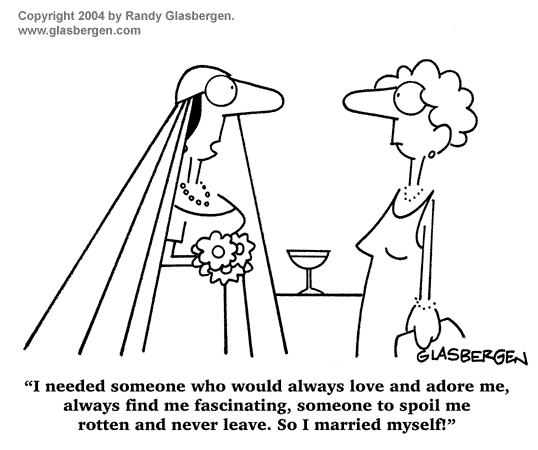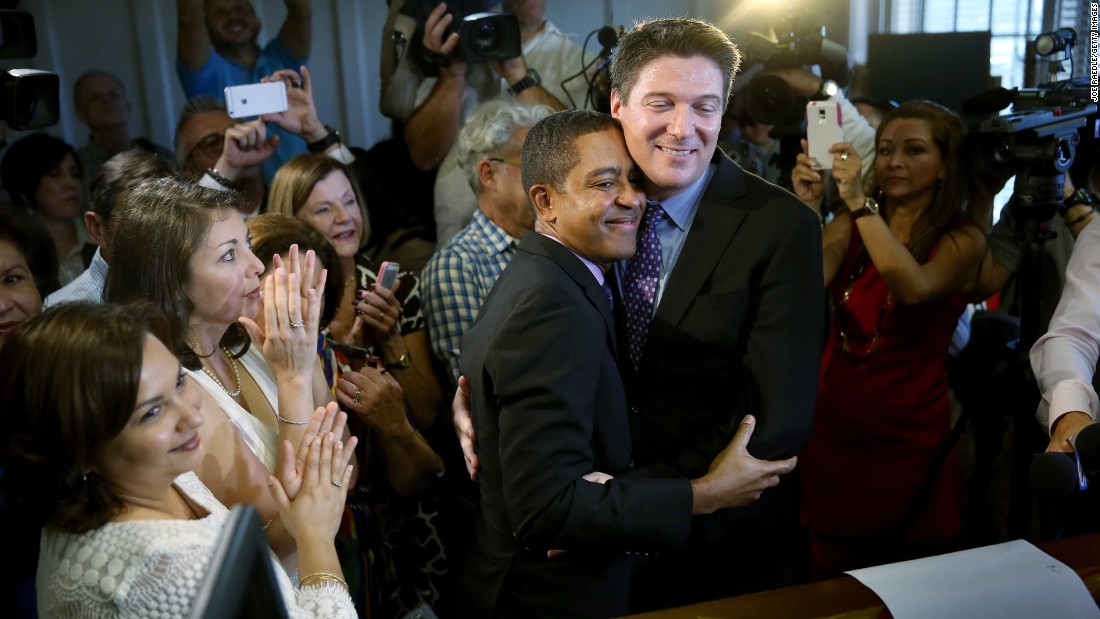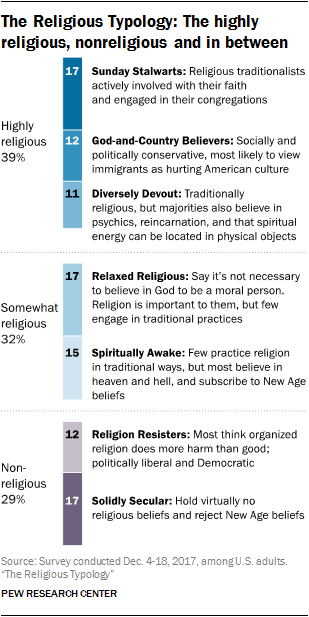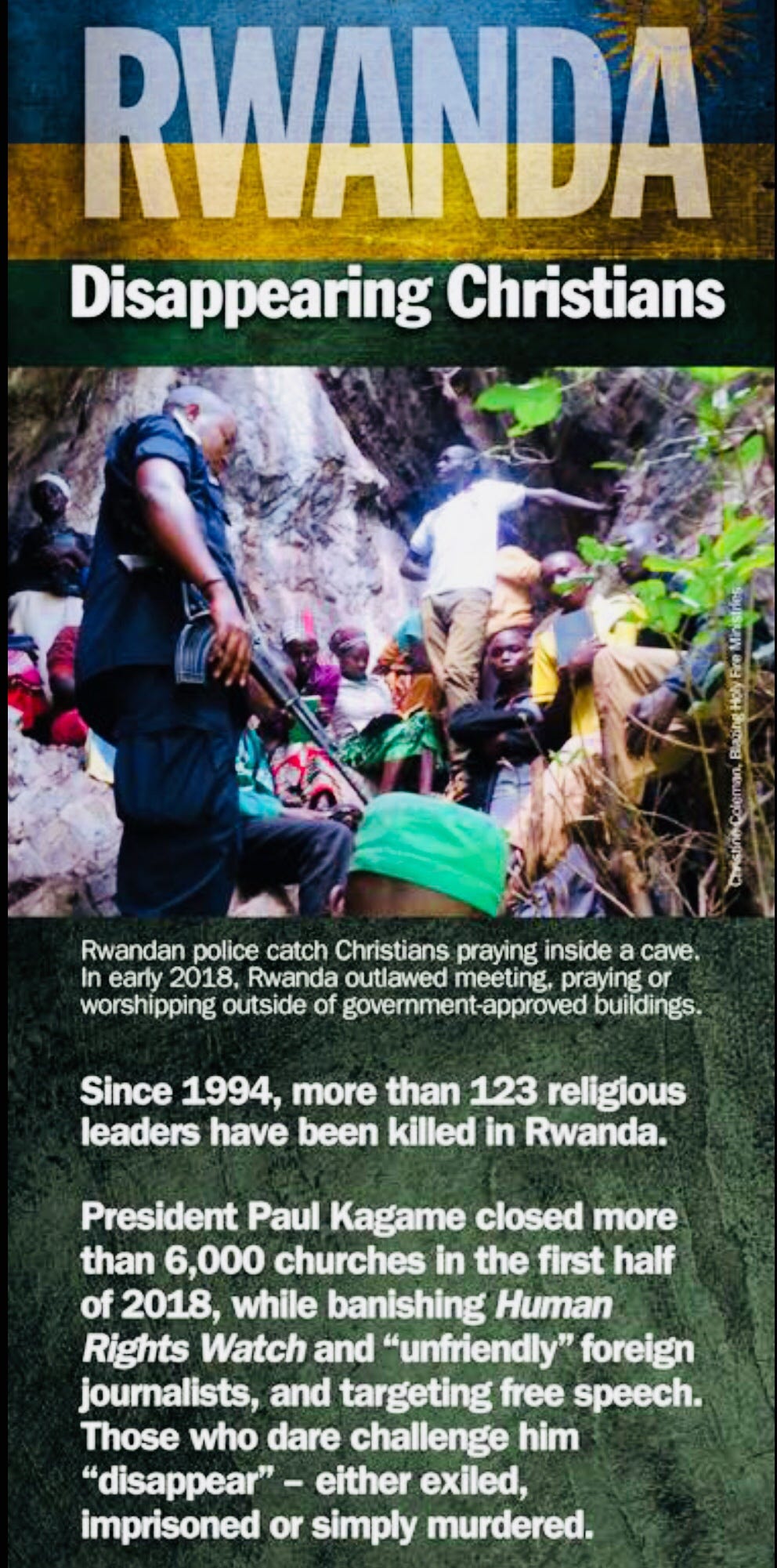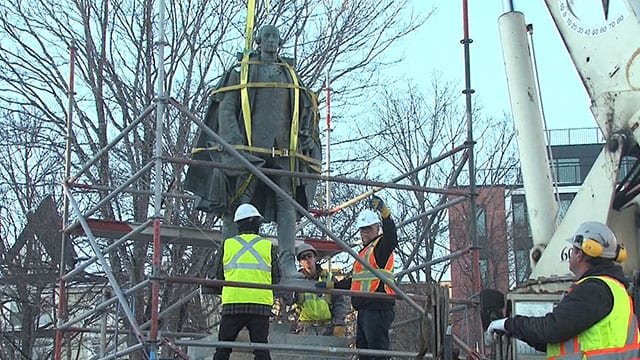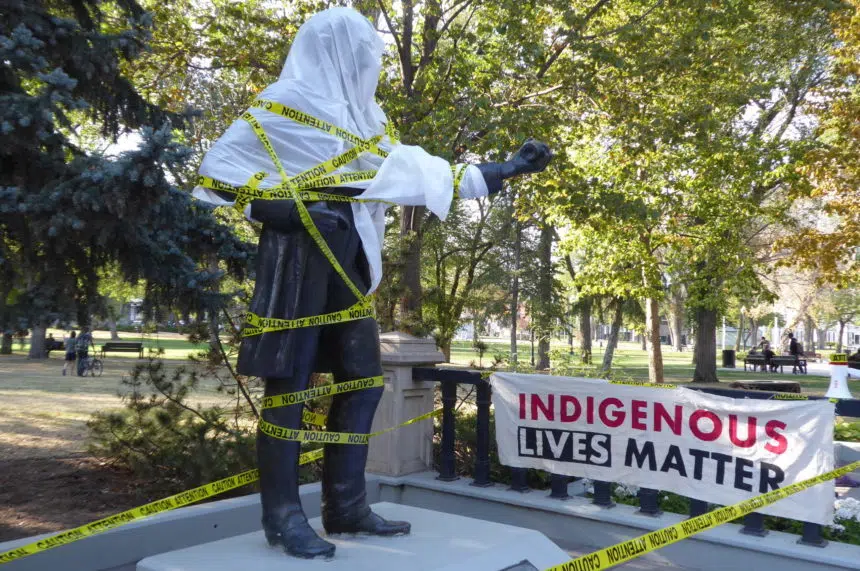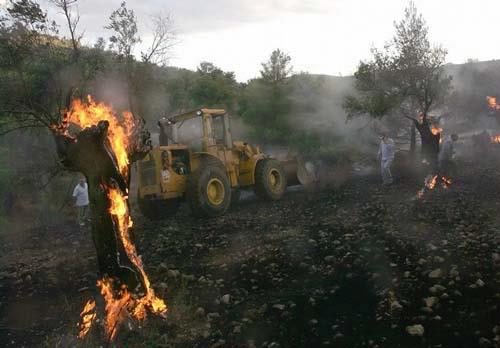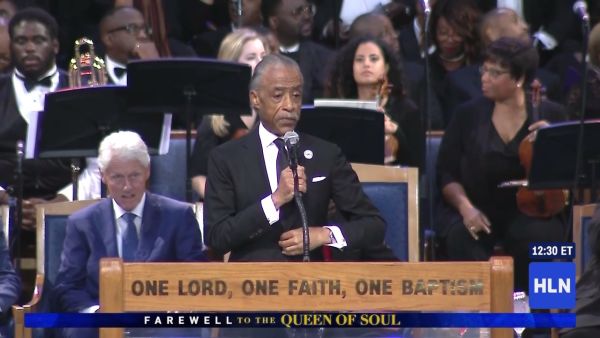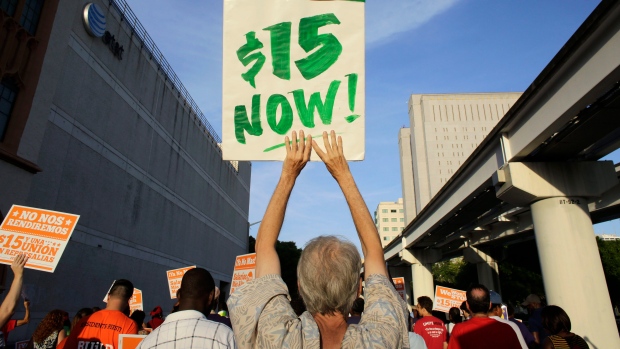
Okay, I'll admit that this cartoon is wildly biased, but I couldn't resist. The United States Senate confirmation hearing for prospective Chief Justice of the Supreme Court, Brett Kavanaugh, has been lurching its way along, and what a mess. These American hearings are a form of bizarre theatre in which old white guys pontificate and make political points. This one is different in that testimony has been offered by a woman who claims that Kavanaugh sexually assaulted her when they were teens. Christine Blasey Ford, a 51-year-old professor of psychology, took an oath and told her story. I can't say whether this testimony was accurate, but she sure sounded credible. It's interesting that those who didn't want her there in the first place didn't deny what she was saying. Kavanaugh testified as well and the combination of anger and indignation didn't make him look or sound well suited to one of the most responsible positions in the country.
God only knows where this will go, but its interesting that the Yale School of Law, which Kavanaugh attended, and the American Bar Association have called for more thorough investigation. And America: The Jesuit Review has rescinded its endorsement. Kavanaugh has pointed out his Jesuit prep school education to bolster his reputation, but the Jesuits are asking whether the controversy has rendered his appointment a liability to the office and the country. This is significant because Kavanaugh would have been seen as an ally of the Roman Catholic church in its opposition to abortion. In the Jesuit Review piece we find:
Restoring such a morally complex question to the deliberation of legislators rather than judges may also bring the country closer to a time when confirmation hearings can truly focus on the character and qualifications of the nominee rather than serving as proxy battles over every contentious issue in U.S. politics.
We continue to support the nomination of judges according to such principles—but Judge Kavanaugh is not the only such nominee available. For the good of the country and the future credibility of the Supreme Court in a world that is finally learning to take reports of harassment, assault and abuse seriously, it is time to find a nominee whose confirmation will not repudiate that lesson.
Amen.



/https://www.thestar.com/content/dam/thestar/opinion/star-columnists/2018/06/01/doug-ford-is-winning-on-the-promise-to-shake-things-up/doug_ford.jpg)

